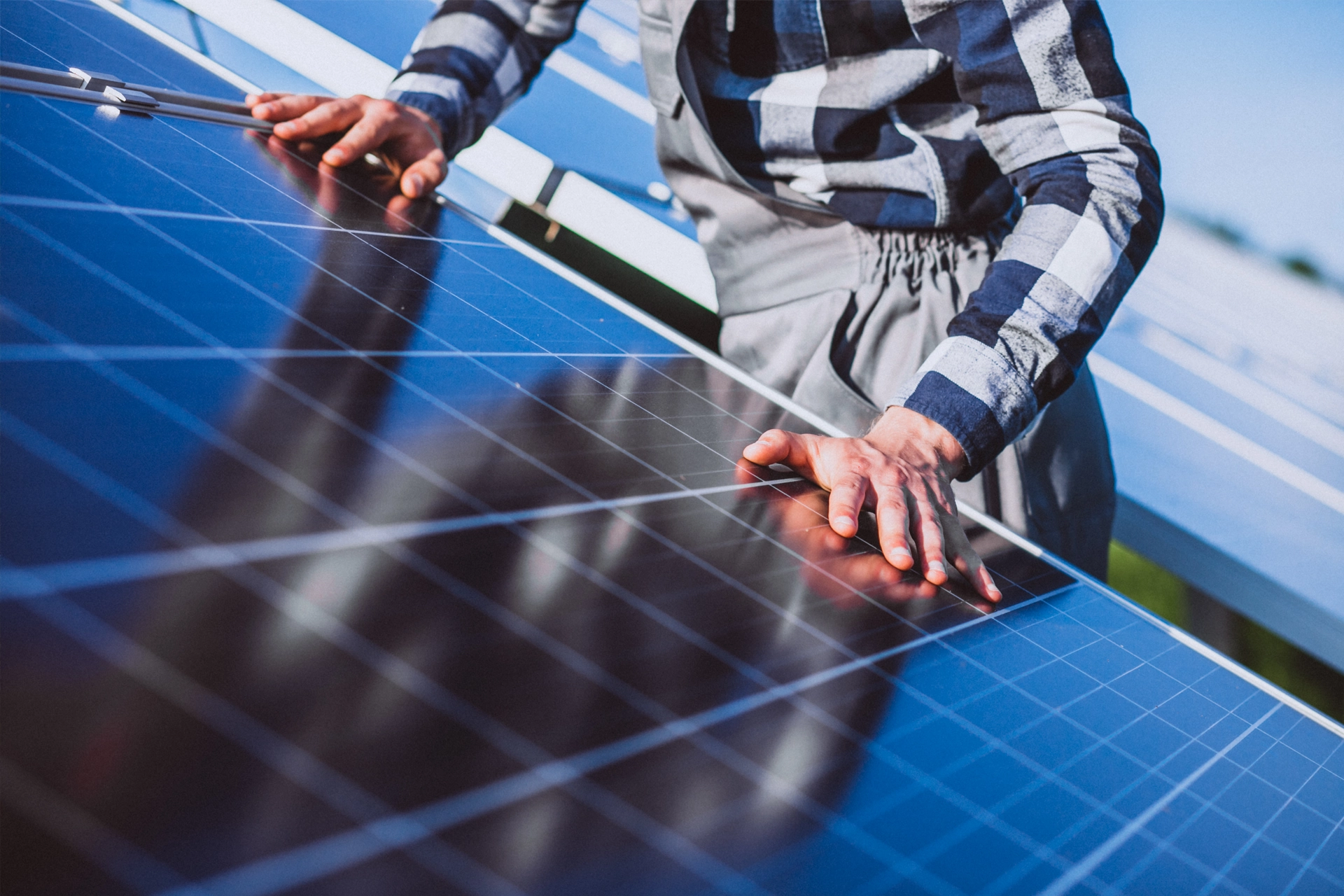
As more UK homeowners turn to renewable energy, PV panels have become a popular choice for reducing energy bills and lowering carbon footprints. If you’re considering installing solar panels, one of the first questions you’ll likely ask is: How long do PV panels last? In this blog, we’ll explain the typical lifespan of solar panels, what factors can affect their longevity, and how to maintain them for long-term performance.
PV panels, or photovoltaic panels, are devices that convert sunlight directly into electricity. They work using semiconductor materials, typically silicon, to generate direct current (DC) electricity, which is then converted to alternating current (AC) for use in homes. Solar PV systems are commonly installed on rooftops but can also be placed on ground-mounted frames.
A standard PV system includes several components:
Solar panels form the core of most solar power systems, providing a renewable, low-maintenance energy source that helps reduce reliance on grid electricity. Modern panels are designed to be robust and resistant to weather conditions such as rain, wind, and snow.
On average, panels last between 25 and 30 years. Most manufacturers offer performance warranties for around 25 years, guaranteeing that they will continue to produce at least 80% of their original capacity during that time. However, many panels continue to operate efficiently well beyond their warranty period, with some lasting up to 35 years or more.
While panels degrade slowly over time, their power output decreases by approximately 0.5% per year. This means that after 25 years, most panels still operate at about 85% of their original efficiency.
Several factors can influence how long your solar panels will last:
No. After 25 years, panels don’t suddenly stop producing electricity. Instead, their output continues to decline gradually. Many homeowners choose to keep their systems running for as long as they remain cost-effective. Systems can still provide substantial savings even beyond their warranty period.
To get the most from your investment, it’s important to maintain your system properly:
Yes. Given their long lifespan and minimal maintenance needs, solar panels are a reliable long-term investment for homeowners. Not only do they help reduce energy bills, but they also increase your home’s energy efficiency rating, which can enhance property value.
Additionally, solar power can help protect homeowners against rising energy costs, as generating your own electricity means you are less reliant on traditional energy suppliers. Installing a solar PV system is seen as a forward-thinking home upgrade, appealing to environmentally-conscious buyers should you choose to sell your property.
Many households are now combining panels with smart heating controls and energy storage solutions to further increase energy independence and savings.
Investing in solar panels not only benefits your finances but also the environment. They reduce the need for electricity generated from fossil fuels, helping to lower greenhouse gas emissions. Each kilowatt-hour (kWh) of solar power produced reduces your home’s carbon footprint, contributing to the UK’s renewable energy targets.
By installing a solar PV system, you are directly supporting the move toward a more sustainable energy future and reducing your impact on climate change. Over their lifespan, solar panels can offset several tonnes of carbon dioxide emissions, making them an eco-friendly choice for any household.
Most manufacturers provide two key warranties:
It’s important to choose products backed by strong warranties and installed by accredited professionals to ensure you benefit from these guarantees.
At Green Homes Group, we specialise in helping UK homeowners adopt renewable technologies. From the initial consultation to installation and aftercare, our team ensures a smooth, professional service every step of the way.
We also help customers access government-backed funding where available, providing guidance on energy-saving upgrades such as:
Not necessarily. While output declines gradually, many systems continue operating effectively beyond 25 years.
Usually once or twice per year, depending on your environment. Heavily polluted or dusty areas may require more frequent cleaning.
Damaged panels can be replaced individually without needing to replace the whole system.
While there’s less sunlight during winter months, solar panels continue to generate electricity. Cooler temperatures can actually improve efficiency slightly.
Solar PV panels are built to last. With a typical lifespan of 25 to 30 years and continued performance beyond, they provide a reliable and sustainable energy solution for UK homes.
If you’re considering adding solar panels to your property, contact Green Homes Group today for professional advice and installation services. You can also visit our About Us page to learn more about how we help homeowners embrace renewable energy.